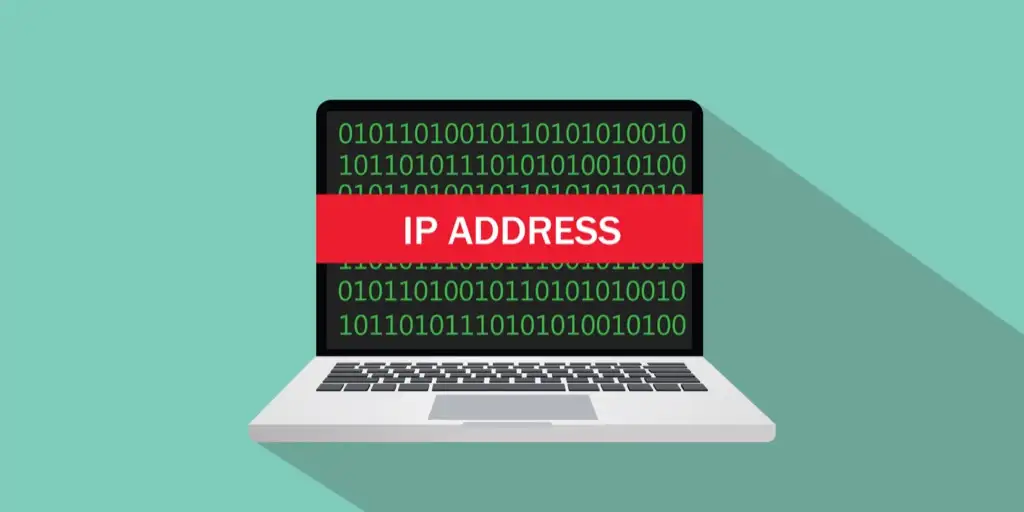Static vs. Dynamic vs. Floating IPs: Key Differences Explained
The network world is so vast that it has many different concepts. For example, when you study a concept like IP, you realize that the concept of IP has a big world. If you are curious about IPs, you must have heard of static IP, dynamic IP, and floating IP.
The IP address of your device in the Internet world. It has the same function as a zip code or national code, which is unique to each person. IP has several different types, which are static, dynamic, and floating.
Each of these IPs has its specific uses and shows its special performance. What are each of these things that we have mentioned, and what is the point of this article? If you are also curious about this and need to learn more about IP types, this article is for you. We recommend that you stay with us until the end so that we can introduce you to the specialized concept of IP types in the simplest possible way.
What is IP?
You have probably experienced online shopping at least once by now. When you enter your address, you know that it is unique to you and that no one else has it. An IP address is similar to an address and is unique. The name IP is derived from the term Internet Protocol Address. An IP is a set of numbers assigned to any system connected to the Internet that is used to transfer data and information.
IP numbers follow a certain rule. The IP address is created from a 32-bit number in binary, but to improve its readability for users, it is divided into four parts with the help of a dot, and as a result, the number of each part is converted to base 10. 123.45.67.8 is an IP address. The thing you should know about IP is that it ranges from 0 to 255. That is, you can see the IP addresses in the following ways:
0.0.0.0 255.255.255.255
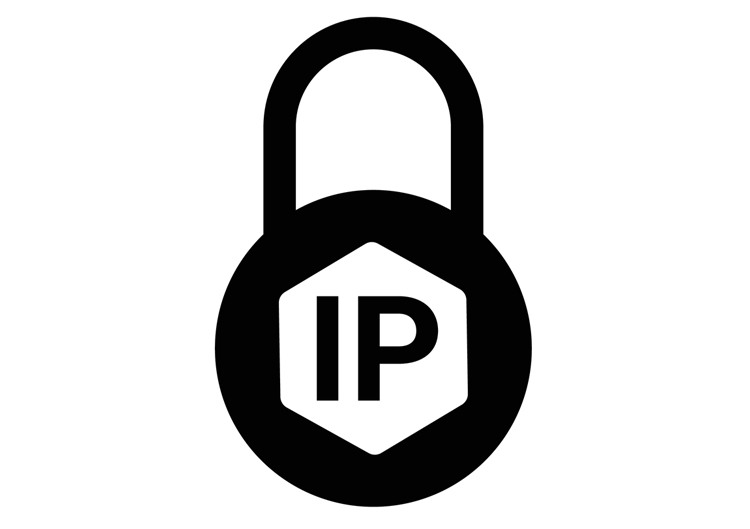
Where does the IP address come from?
According to our explanations, you probably have this question: Which organization issued the IP address, and how does it belong to different systems?
The Internet Assigned Numbers Authority, abbreviated as IANA, generates IP addresses. IANA assigns IPs to Internet Service Providers, and when consumers purchase Internet access, the device they use to connect to the Internet will have an IP. There are two types of IPs: private and public. You must first know private and public IPs to access dynamic, static, and floating IPs. So, read the following section carefully.
Private IP
Every electronic device that connects to the Internet is assigned an IP address. This device can be a computer, laptop, tablet, printer, television, etc., each with its own IP address.
Since the Internet is expanding daily and the number of devices connected to it is increasing, the number of devices that need IP addresses is also growing. Of course, keep in mind that the IP address is local and does not require a fee.
Public IP address
A public IP address, also known as a public IP, is the primary address associated with the entire Internet network. To put it simply, every device connected to the Internet has two IPs: one belongs to the device itself, and the other is the primary address of the Internet network.
Public IP addresses are generated by ISPs and ultimately provided to routers. Unlike a private IP, you have to pay a fee to have a public IP.
Public IP addresses are divided into two categories: dynamic, static, and floating; we will examine each separately.
Dynamic IP
Your system is assigned an IP address every time you connect to the Internet. Similarly, you are assigned an IP each time you disconnect and reconnect. Many home devices use dynamic IPs.
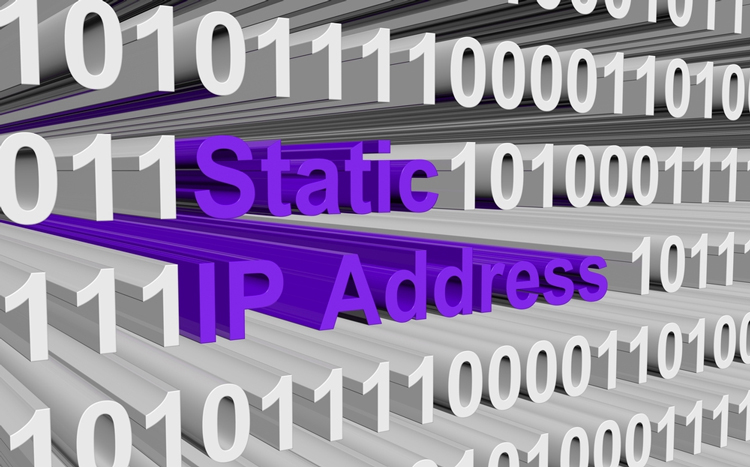
How does dynamic IP work?
Different companies are provided with a specified number of IP addresses ranging from 0 to 250. For example, some IPs are given to the telecommunication company, and others are given to other companies.
These IPs are stored in the pool. When users connect to the Internet, one of these available IPs is assigned to the device connected to the Internet. When the Internet is disconnected, this IP returns to the IP pool and is provided to another device.
Advantages of dynamic IP
You may be interested in the advantages of dynamic IP, which we will discuss in this section.
- Easy management
In dynamic IPs, you can manage your addresses more easily and cheaply. This is more difficult with static IPs.
- Easier and automatic configuration
If you have a dynamic IP, the DHCP server automatically assigns the next available IP to the device, and you don’t need to do anything else.
- Cheaper
Having a dynamic IP address can save you a lot of money.
- Unlimited IP addressing
Dynamic IPs allow you to reuse IP addresses.
Your systems are automatically configured with a dynamic IP. To prove this point, consider the following example: If you bring a new computer into your home, you do not need to remove the old system’s IP address manually.
- More security in the network
With the help of a dynamic IP address, the security of your network increases. When someone targets your network equipment, it’s much harder to gain access. Of course, you can hide your IP with the help of IP-changing methods and increase the security of your network.
- Better physical security
When you use a dynamic IP, it isn’t easy to find your exact location.
What are the disadvantages of dynamic IP?
Dynamic IP addresses are not suitable for all situations, and they are not well-suited for internet services such as web or email.
- Not good for hosted services
If you plan to host a site, mail server, or other service, dynamic IPs will be a problem. DNS does not work well with dynamic IPs.
Of course, the solution to this problem is to use Dynamic DNS, which increases costs and complications.
- Limits remote access
No matter what remote access software you use, dynamic IPs can cause problems when connecting to your application. To address this, you can use IP-changing programs.
- The possibility of more failure
Unfortunately, sometimes the ISP is unable to assign you a dynamic IP. Although the probability of this happening is low, it can disconnect you from the Internet.
- location
An IP address can turn off all location services. However, you can keep the dynamic address enabled to prevent it from revealing your actual location.
What is a fixed or static IP?
Static IP is also one of the types of public IP that is assigned to a device by a DHCP server. DHCP stands for a protocol that automatically manages the distribution of IP addresses. In simpler terms, it is hosting and IP service provider companies.
DHCP stands for Dynamic Host Configuration Protocol.
How does a fixed or static IP work?
Your internet service provider will provide you with a static IP address. When you log in to your ISP, the ISP considers the type of connection you make, and a fixed IP is given. However, unlike dynamic IP, static IP has a cost, and you must pay for it if you want to use it. This IP will be assigned to your device, similar to a national code, and will be unique.
What are the advantages of a static IP?
Now that you are familiar with the concept of static IP, it would be a shame not to examine the advantages of static IP:
- Better DNS support
- Server host
- Easy remote access
- More reliable communication
- Easier transfer of files
What are the disadvantages of static IPs?
Since we are going to talk about these IPs without bias, we will examine the disadvantages of static IPs.
security problems
(Hackers can obtain the attack process more efficiently by detecting the location of the server)
- High cost
- Complex settings
What is a Floating IP?
A floating IP is a traceable and routable public address that is not automatically assigned to a system. Rather, in this address, the system manager temporarily assigns addresses to one or more devices based on the type of need.
It can be concluded from this that the device in question has a fixed IP address to communicate with other devices in a private and unchangeable network, and can still use a floating IP.
With the help of a floating IP, the target device is identified and accessible even outside the network or cloud. Suppose the floating IP address has been set correctly, and there is a problem with the current device. In that case, the IP address will be automatically transferred to the next active device in the network to ensure uninterrupted service and respond to incoming requests. to be
In the following, we refer to other uses of floating IP.
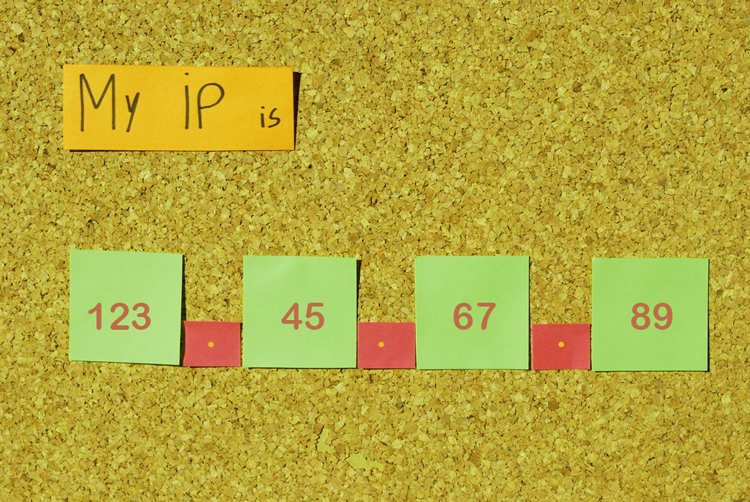
How do you create a floating IP?
The system administrator assigns reserved IP pools that allow users to select IP addresses as available server resources. When the user receives an IP, he becomes its owner, in the sense that he can assign it to his device, remove it from his device, or assign it to another device.
Please note that even if we completely remove the device from the network, the user’s access to the floating IP will remain and will not be lost.
The reason for using IP pools is that different ISPs can use each pool, and networks outside of the current network can access it.
This ensures that the connection or access is controlled. If the ISP has a problem, the user can easily access the IP pool through other servers.
When can we use a floating IP?
Any error in communication networks can interrupt program execution. For this reason, developers use floating IP to ensure that the programs they design can perform successfully in any scenario.
What are the advantages of floating IP?
In this section, we introduce you to the advantages of floating IP:
- Flexibility is noteworthy
Floating IPs can be used in failover and switching environments. They allow you to use your site or application with the least disruption.
When you upgrade one of the devices, the next device can receive incoming traffic, and after the upgrade process is completed, the traffic will be directed to the upgraded device.
- You can show the final IP
If you have several systems as servers, only the IPs that are reserved will be shown to the end user, and the IP address of the server providing the service will not be shown.
What is the difference between a dynamic and a static IP?
After you are familiar with the concepts of each IP, we will compare them. So, if you want to know the difference between static and dynamic IPs, read this section carefully.
- The difference in cost
Static IP costs money, but a dynamic and variable IP is provided to people for free. If you don’t need a fixed IP, it’s best not to pay.
- Remote work with fixed and dynamic IP
Since many businesses have moved to telecommuting and freelancing, the role of static IP has become more prominent for these people. As we said, a static IP is permanently assigned to a device and does not change, so it is easier for other devices to find and connect to a device with a fixed IP.
The thing is, if the central device has a variable IP, it will be much more difficult to find that device’s IP. Therefore, to do remote work, it is better to use a static IP.
- Hosting services
One of the companies that always needs a strong and connected Internet is a hosting service provider. Companies that receive hosting services must be able to connect to the central server. With the help of a fixed IP, it is possible to track and find the central server, but a variable IP does not give the device such a possibility.
- Fixed and dynamic IP security
Unlike dynamic IP, which is constantly changing, static IP is always fixed, and for this reason, tracking a device can be done faster.
If you also have a business and don’t want your information leaked or hacked, don’t choose a static IP. Because the possibility of tracking increases, it is better to select variable and dynamic IPs.
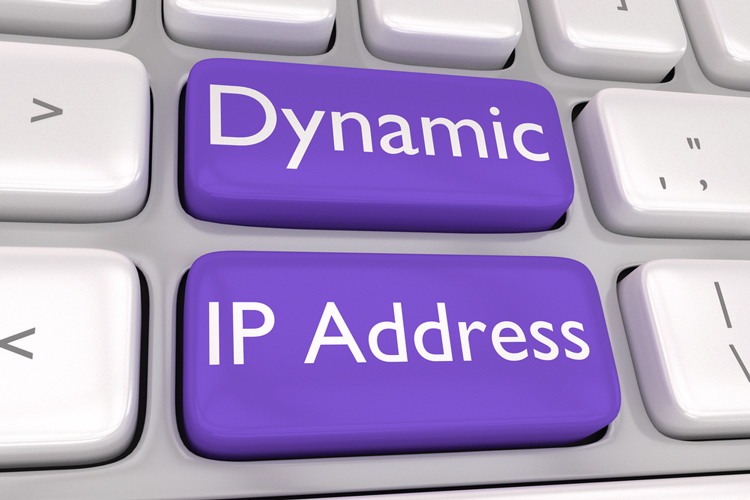
What is the difference between a dynamic and a static IP?
After you are familiar with the concepts of each IP, we will compare them. So, if you want to know the difference between static and dynamic IPs, read this section carefully.
The difference in cost
Static IP costs money, but dynamic and variable IP is provided to people for free. If you do not need a fixed IP, it is better not to pay.
Remote work with fixed and dynamic IP
Since many businesses have moved to telecommuting and freelancing, the role of static IP has become more prominent for these people. As we said, a static IP is permanently assigned to a device and does not change, so it is easier for other devices to find and connect to a device with a fixed IP.
The thing is, if the central device has a variable IP, it will be much more difficult to find that device’s IP. Therefore, to do remote work, it is better to use a static IP.
Hosting services
One of the companies that always needs a strong and connected Internet is a hosting service provider. Companies that receive hosting services must be able to connect to the central server. With the help of a fixed IP, it is possible to track and find the central server, but a variable IP does not give the device such a possibility.
Fixed and dynamic IP security
Unlike dynamic IP, which is constantly changing, static IP is always fixed, and for this reason, tracking a device can be done faster.
If you also have a business that you don’t want your information to be leaked or hacked by hackers, consider avoiding a static IP. Because the possibility of tracking you increases, it is better to go for
variable and dynamic IPs. How do you have a fixed IP?
If you need a fixed IP, read this section carefully. We will explain the different methods of getting one. In the end, you should choose one of the methods mentioned, depending on your needs.
Provision of a fixed IP from the Internet provider
The first way to get a fixed IP is to ask your ISP for a fixed, dedicated IP.
Use VPN
The second way to get a fixed IP is to use a VPN. Once you connect to a VPN, it connects to the manufacturer’s servers, and finally, it provides you with a private connection that is completely encrypted and has reliable links.
Of course, you should note that free VPNs do not provide you with a fixed IP, and only some paid VPNs provide a fixed IP.
Use VPS
VPS, or virtual server, is one of the best ways to have a fixed IP. A virtual server is a simulated server created using virtualization technology. This technology creates several virtual versions of the server based on its physical reality, each with independent resources and facilities, that can be provided to users.
By purchasing a VPS, you are essentially buying a potent computer system that operates 24 hours a day, and you can use it like a computer.
You can also visit the virtual server purchase page to obtain a fixed external IP using VPS and operate on sites such as Forex, Binance, and PayPal.
Conclusion
In this article, we discussed the details of static, dynamic, and floating IP types. Each has advantages and disadvantages, and you should choose one that suits your needs.
FAQ
What is a static IP address?
A static IP address is a fixed, unchanging address manually assigned to a device, ensuring it always uses the same IP on a network.
What is a dynamic IP address?
A dynamic IP address is automatically assigned by a DHCP server and can change over time or when a device reconnects to the network.
What is a floating IP address?
A floating IP is an IP address that can be dynamically moved between different servers or devices, often used for high availability and failover in cloud environments.
